Import Dispute
입력 2019.04.11 (15:12)
수정 2019.04.11 (15:27)
읽어주기 기능은 크롬기반의
브라우저에서만 사용하실 수 있습니다.
[Anchor Lead]
Following the Fukushima nuclear power plant disaster in 2011, Korea banned all fishery imports from areas near Fukushima in Japan. Calling it an excessive measure, Japan filed a complaint with the World Trade Organization, and Tokyo is likely to win the case in a final WTO ruling expected on April 11. Korea will likely need to prepare follow-up measures.
[Pkg]
Japanese seafood has been hard to find at Korean fish markets since the 2011 nuclear disaster in Fukushima, Japan. While some Korean consumers do buy fish from Japan such as snappers, the demand for Japanese fishery products is not as high as it used to be.
[Soundbite] Hwang Ae-sun(Seoul Resident) : "I don't buy Japanese products. I believe the aftermath of the Fukushima nuclear disaster will last long."
As concerns over the safety of Japanese seafood kept rising, the Korean government banned all fishery imports from eight Japanese prefectures located in the vicinity of Fukushimain 2013. It also mandated 17 kinds of tests for Japanese products that are found to contain even slight amounts of radioactive cesium. The Korean government says that 51 countries around the world regulate Japanese food imports, and South Korea has the strongest regulations among them. Four years ago, Japan filed a complaint with the World Trade Organization saying Korean regulations were unjustified. In the first ruling, the WTO sided with Japan. Korea appealed, and a final decision by the world trade body is expected around midnight of April 11. If the verdict is the same as the previous ruling, Korea will have to allow imports of 28 fishery products from the eight Japanese prefectures. As soon as the ruling is issued, the Korean government will announce how related ministries will respond to the decision.
Following the Fukushima nuclear power plant disaster in 2011, Korea banned all fishery imports from areas near Fukushima in Japan. Calling it an excessive measure, Japan filed a complaint with the World Trade Organization, and Tokyo is likely to win the case in a final WTO ruling expected on April 11. Korea will likely need to prepare follow-up measures.
[Pkg]
Japanese seafood has been hard to find at Korean fish markets since the 2011 nuclear disaster in Fukushima, Japan. While some Korean consumers do buy fish from Japan such as snappers, the demand for Japanese fishery products is not as high as it used to be.
[Soundbite] Hwang Ae-sun(Seoul Resident) : "I don't buy Japanese products. I believe the aftermath of the Fukushima nuclear disaster will last long."
As concerns over the safety of Japanese seafood kept rising, the Korean government banned all fishery imports from eight Japanese prefectures located in the vicinity of Fukushimain 2013. It also mandated 17 kinds of tests for Japanese products that are found to contain even slight amounts of radioactive cesium. The Korean government says that 51 countries around the world regulate Japanese food imports, and South Korea has the strongest regulations among them. Four years ago, Japan filed a complaint with the World Trade Organization saying Korean regulations were unjustified. In the first ruling, the WTO sided with Japan. Korea appealed, and a final decision by the world trade body is expected around midnight of April 11. If the verdict is the same as the previous ruling, Korea will have to allow imports of 28 fishery products from the eight Japanese prefectures. As soon as the ruling is issued, the Korean government will announce how related ministries will respond to the decision.
■ 제보하기
▷ 카카오톡 : 'KBS제보' 검색, 채널 추가
▷ 전화 : 02-781-1234, 4444
▷ 이메일 : kbs1234@kbs.co.kr
▷ 유튜브, 네이버, 카카오에서도 KBS뉴스를 구독해주세요!
- Import Dispute
-
- 입력 2019-04-11 15:14:43
- 수정2019-04-11 15:27:01
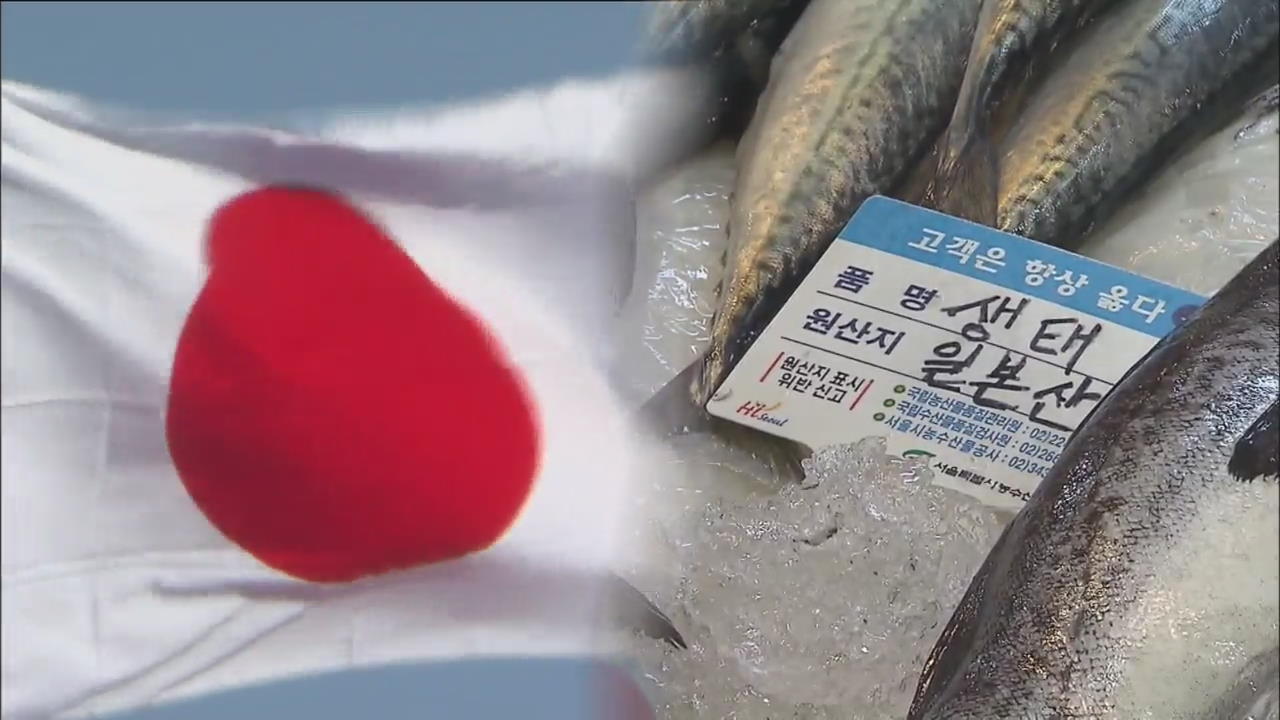
[Anchor Lead]
Following the Fukushima nuclear power plant disaster in 2011, Korea banned all fishery imports from areas near Fukushima in Japan. Calling it an excessive measure, Japan filed a complaint with the World Trade Organization, and Tokyo is likely to win the case in a final WTO ruling expected on April 11. Korea will likely need to prepare follow-up measures.
[Pkg]
Japanese seafood has been hard to find at Korean fish markets since the 2011 nuclear disaster in Fukushima, Japan. While some Korean consumers do buy fish from Japan such as snappers, the demand for Japanese fishery products is not as high as it used to be.
[Soundbite] Hwang Ae-sun(Seoul Resident) : "I don't buy Japanese products. I believe the aftermath of the Fukushima nuclear disaster will last long."
As concerns over the safety of Japanese seafood kept rising, the Korean government banned all fishery imports from eight Japanese prefectures located in the vicinity of Fukushimain 2013. It also mandated 17 kinds of tests for Japanese products that are found to contain even slight amounts of radioactive cesium. The Korean government says that 51 countries around the world regulate Japanese food imports, and South Korea has the strongest regulations among them. Four years ago, Japan filed a complaint with the World Trade Organization saying Korean regulations were unjustified. In the first ruling, the WTO sided with Japan. Korea appealed, and a final decision by the world trade body is expected around midnight of April 11. If the verdict is the same as the previous ruling, Korea will have to allow imports of 28 fishery products from the eight Japanese prefectures. As soon as the ruling is issued, the Korean government will announce how related ministries will respond to the decision.
Following the Fukushima nuclear power plant disaster in 2011, Korea banned all fishery imports from areas near Fukushima in Japan. Calling it an excessive measure, Japan filed a complaint with the World Trade Organization, and Tokyo is likely to win the case in a final WTO ruling expected on April 11. Korea will likely need to prepare follow-up measures.
[Pkg]
Japanese seafood has been hard to find at Korean fish markets since the 2011 nuclear disaster in Fukushima, Japan. While some Korean consumers do buy fish from Japan such as snappers, the demand for Japanese fishery products is not as high as it used to be.
[Soundbite] Hwang Ae-sun(Seoul Resident) : "I don't buy Japanese products. I believe the aftermath of the Fukushima nuclear disaster will last long."
As concerns over the safety of Japanese seafood kept rising, the Korean government banned all fishery imports from eight Japanese prefectures located in the vicinity of Fukushimain 2013. It also mandated 17 kinds of tests for Japanese products that are found to contain even slight amounts of radioactive cesium. The Korean government says that 51 countries around the world regulate Japanese food imports, and South Korea has the strongest regulations among them. Four years ago, Japan filed a complaint with the World Trade Organization saying Korean regulations were unjustified. In the first ruling, the WTO sided with Japan. Korea appealed, and a final decision by the world trade body is expected around midnight of April 11. If the verdict is the same as the previous ruling, Korea will have to allow imports of 28 fishery products from the eight Japanese prefectures. As soon as the ruling is issued, the Korean government will announce how related ministries will respond to the decision.
이 기사가 좋으셨다면
-
좋아요
0
-
응원해요
0
-
후속 원해요
0











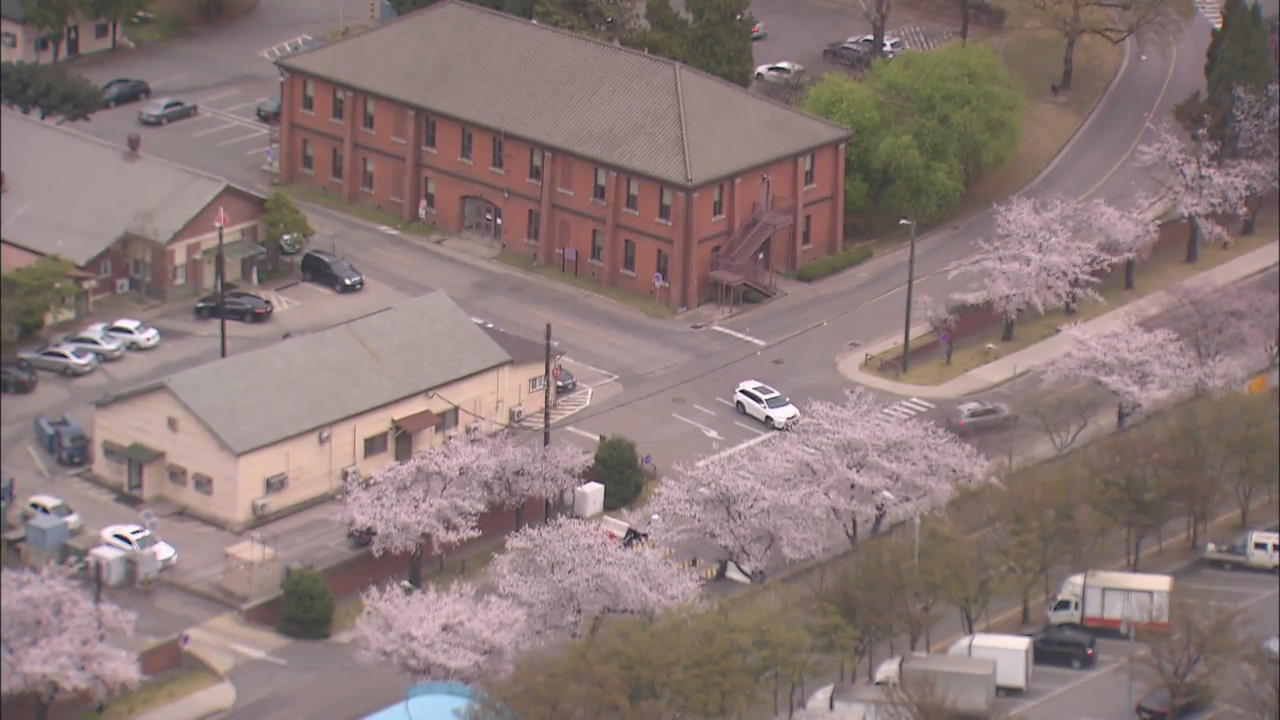
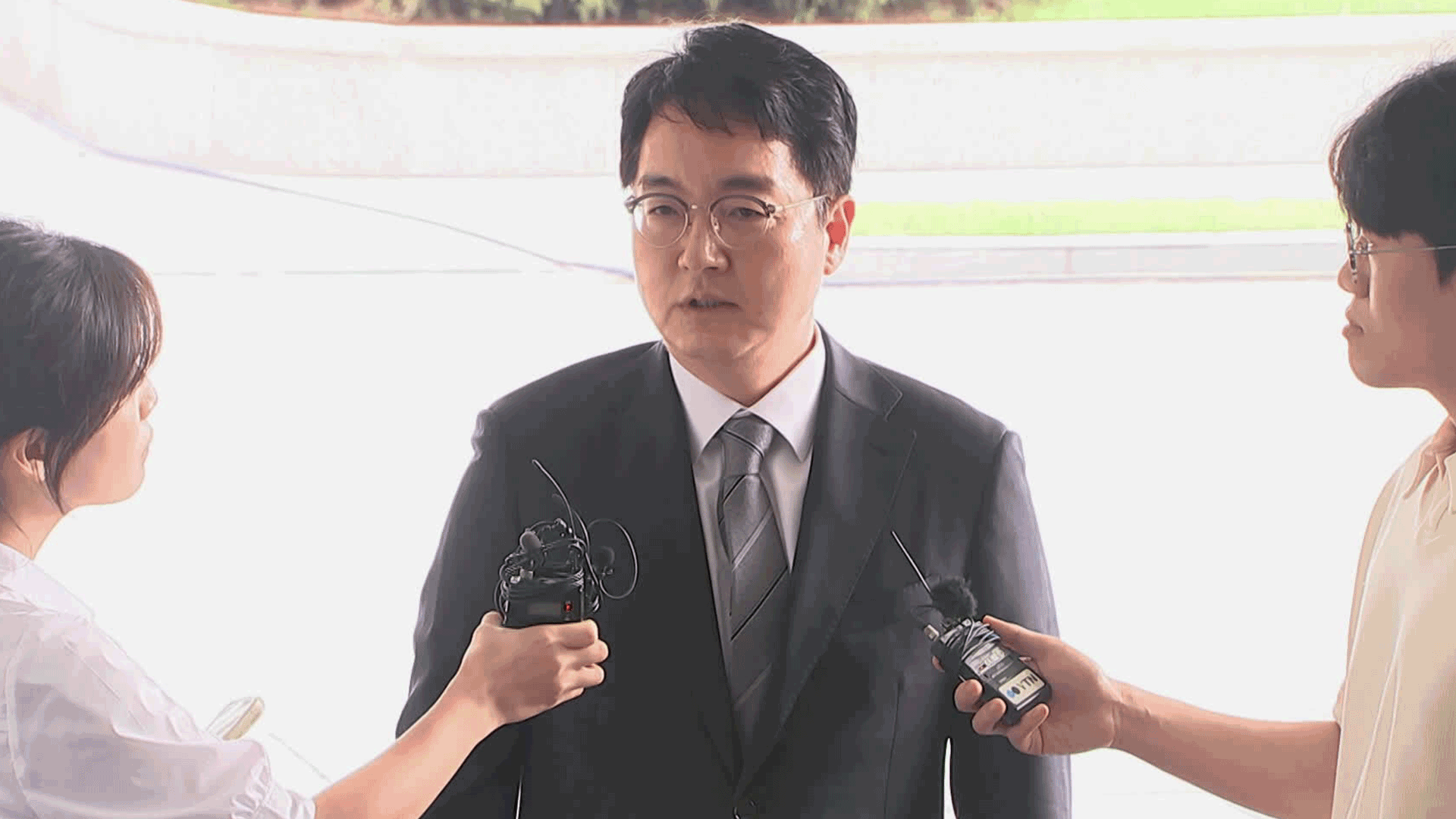
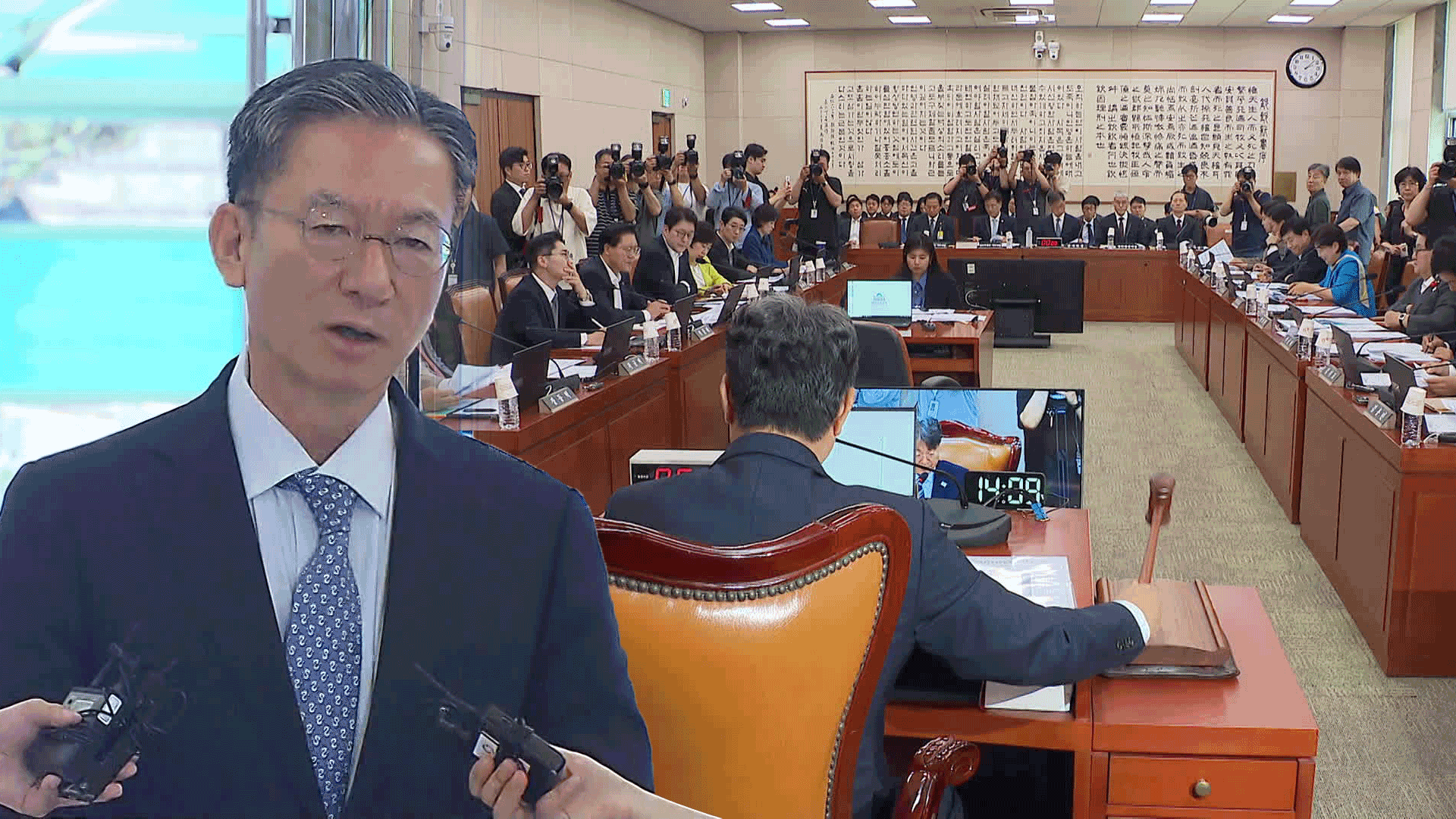
![[단독] 골프연습장 아니라더니<br>…‘한남동 골프연습장’ 도면 입수](/data/news/2025/07/01/20250701_Uh8Jnu.png)
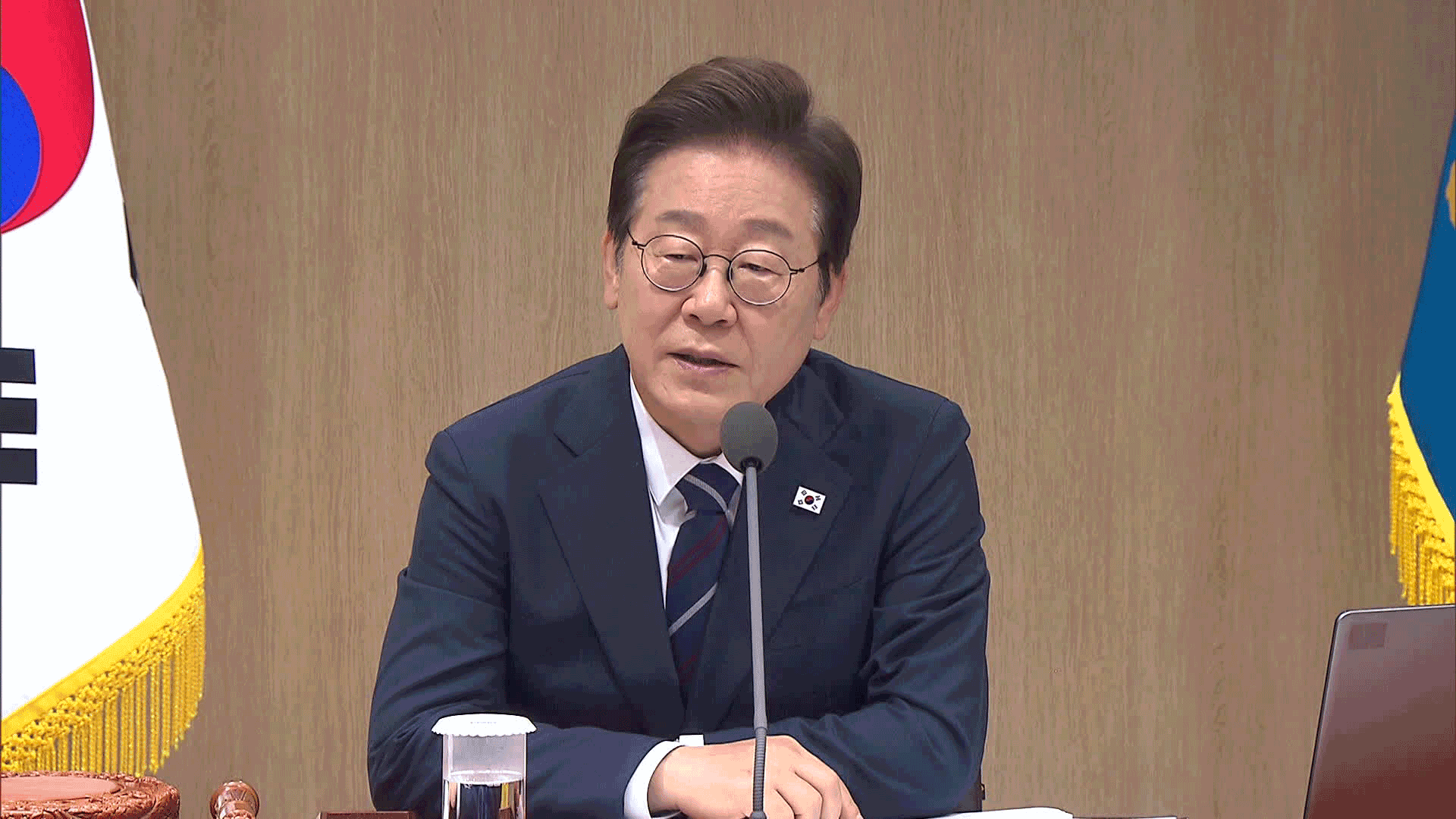

이 기사에 대한 의견을 남겨주세요.